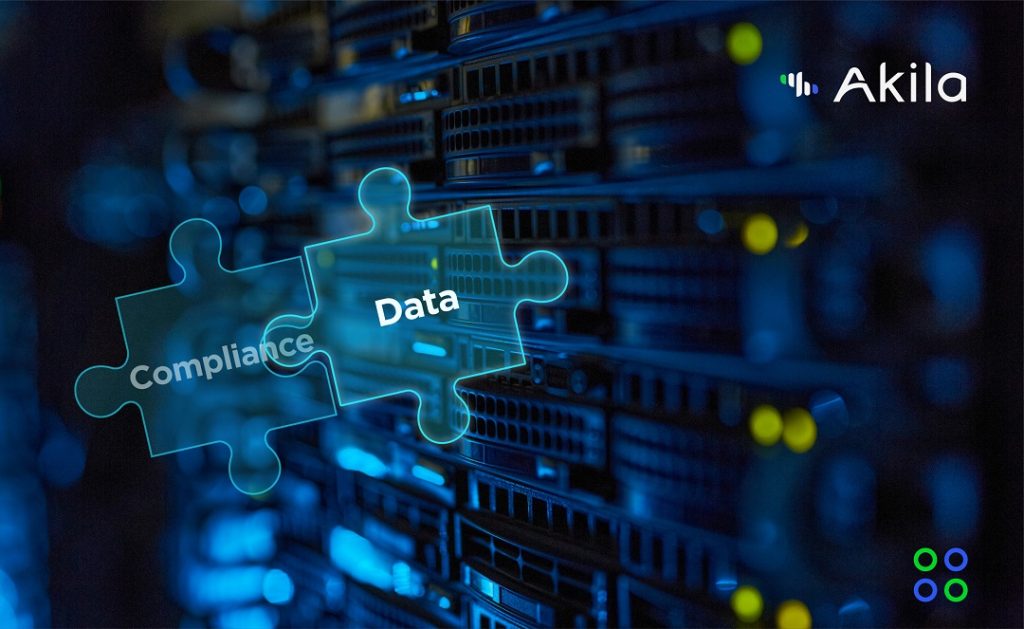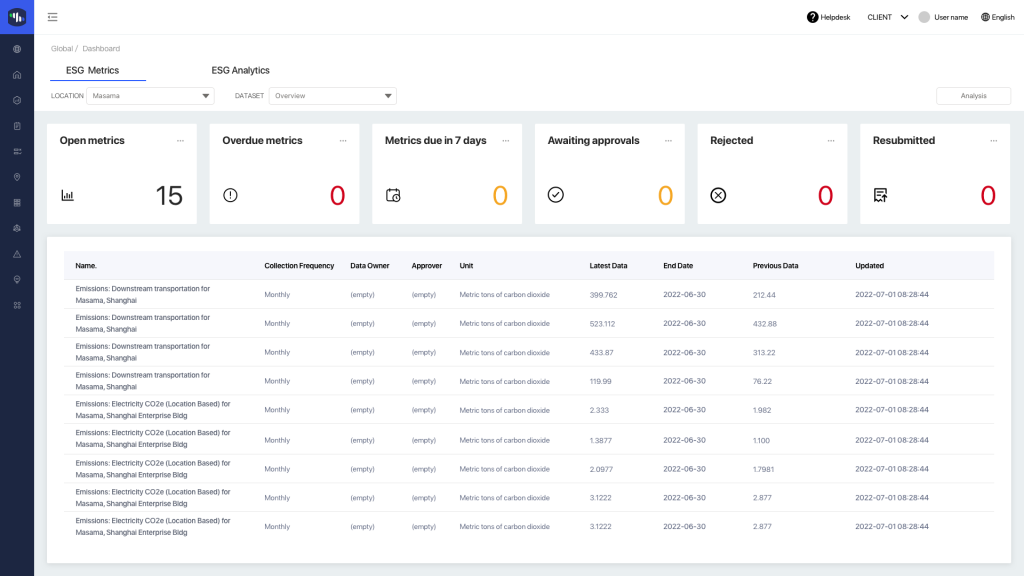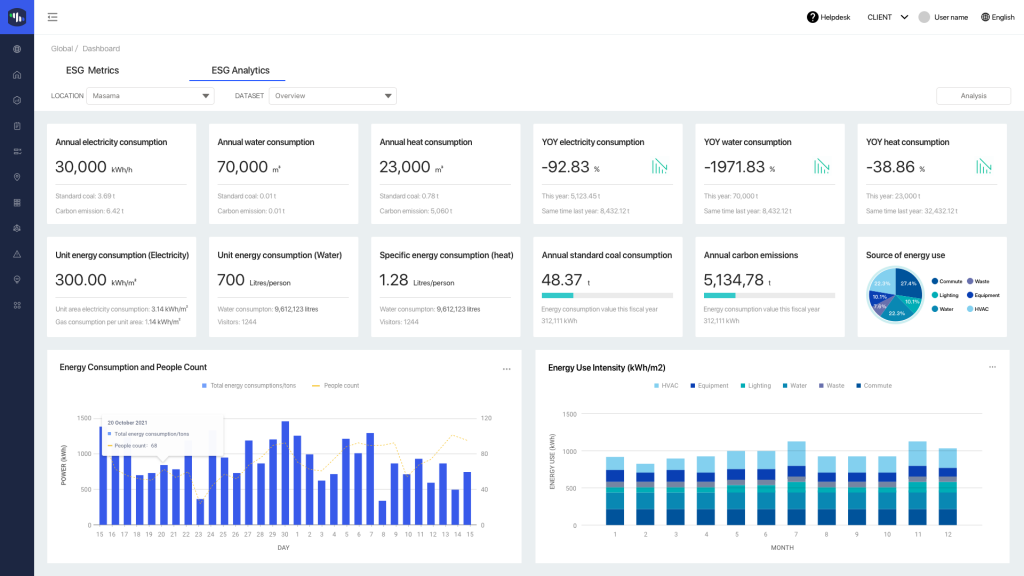
Responsibility, transparency, compliance. These terms have been part of the business lexicon for decades now. In 2022, the idea that companies must demonstrate that they are responsible actors with clear data is finally becoming a central tenant of corporate strategy. Until recently, quantifying compliance efforts towards corporate social responsibility and sustainability. Without strict data reporting standards for companies to adhere to in the past, trust between companies and consumers, investors and governments has been strained. But this is changing.
Compliance standards are changing for the better
Governments around the world, such as China’s, have announced their plans to achieve net-zero carbon emissions. They are demanding that companies comply with strict data reporting on their carbon footprint, waste and data management. In the markets, ESG reporting standards are having a huge impact on corporate behavior, encouraging more transparency and more high-quality, reliable data.
ESG is now being adopted by government financial regulators in many countries including South Korea, China, and the U.S. Upcoming regulation from the SEC around ESG disclosures will formalize the need for companies to define, track and report on their ESG progress with regulatory consequences for misleading or falsified information. Companies are having to adopt a ‘comply or die’ mindset when it comes to disclosure, meaning good data management is becoming the single most crucial factor in many organizations.
Good data is the key – and a major hurdle
One of the biggest pain points for companies concerning compliance is a lack of good data. Data management is a complex and challenging field and even with the rapid digital transformation of many industries, there are still many persistent hurdles.
One barrier for many businesses is working with legacy data systems – older software that is still fit for its purpose but doesn’t necessarily cooperate with newer systems, making it a challenge to migrate and collate data. This is especially a problem in enterprise organizations where data is stored in disparate siloed systems. The process of aggregating this data in a universal platform often requires an external party that specializes in data management.
Digital transformation is an ongoing process
Another hurdle is that digital transformation is an ongoing process that many industries are still grappling with. Progress is strong but full digitalization is not a reality across all sectors and at all levels. Many industries may have already digitalized certain processes and have the ability to accurately store and manage data for those specific instances, but are still reliant on non-digital data management in other areas. There are solutions to this issue being developed, one being the golden thread of information which is a new method of data management that is being enshrined into law in the UK construction industry, but it will take time to fully proliferate beyond its specific target industry.

Data management can’t be done right without having clearly defined data governance policies and rules that govern the use of data and data operations. This is something that, despite ESG becoming much more mainstream, corporations are still struggling to manage. Not everyone can be an expert in ESG metrics and data compliance – it’s a relatively new field that requires a deep knowledge of regulations and an understanding of the wider goals of sustainability in a corporate context.
As the amount of data organizations collects has increased by a great degree. Ensuring data quality has become more difficult and complex, now outside the remit of even IT and compliance departments.
Leveraging technology to make compliance easier
Akila’s ESG-first digital twin platform utilizes AI technology and IoT sensors to collate, track and action data throughout entire systems and portfolios in one easily accessible platform. Built with compliance values in mind from the ground up, Akila supercharges any client’s data management systems and prepares them for the accurate reporting of key data, whether that be sustainability metrics such as carbon emissions or other business-critical data.
As an all-in-one software as a service model, the challenges of figuring out legacy systems and dealing with incompatible data and digital silos are moot. All data collected relating to buildings, energy use, staff, assets, safety, maintenance and more are securely stored and easily accessible at the touch of a button. This eliminates the need to coordinate between archaic systems and ensures traceability and compatibility at every level – perfect for reporting accurate, timely, and reliable data for compliance and decision making.

With a team of sustainability, ESG, engineering, and digitalization experts, Akila has already partnered with giants in their respective industries. Using their deep understanding of ESG metrics and compliance legislation, Akila has been working with Ikea, Schlumberger, and others, to radically update data gathering and reporting practices, fast-tracking them on the road to greater ESG compliance and beyond.
Organizations will continue to see increased attention to ESG and compliance matters in the coming decades from investors, employees, governments and the general public. Everyone needs to act quickly to get ahead of the disclosure regulation curve as deadlines for net-zero emissions loom ever closer and expectations from investors and consumers for sustainable growth become more pivotal. Data is the key to overcoming these challenges and thriving in the new corporate landscape moving forward.




